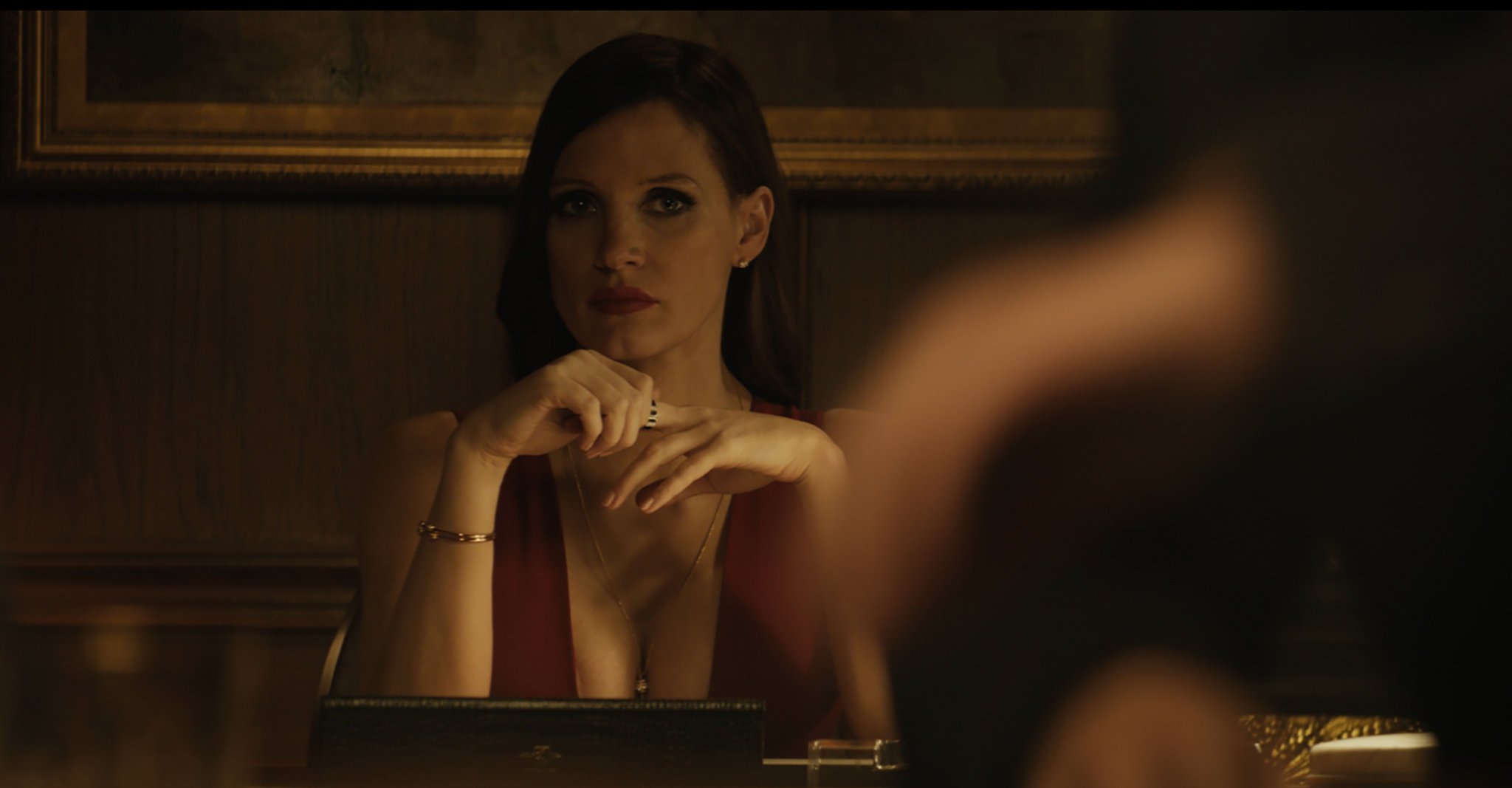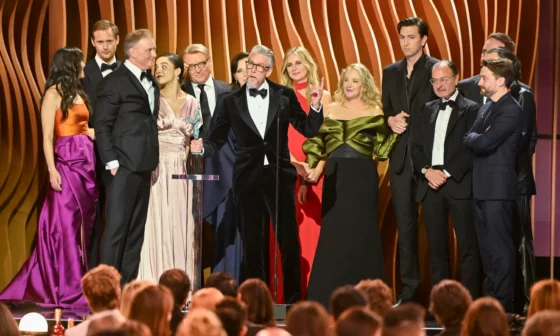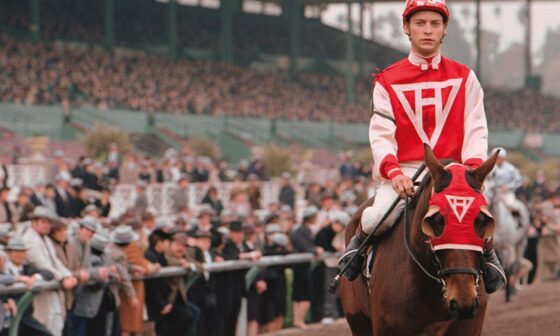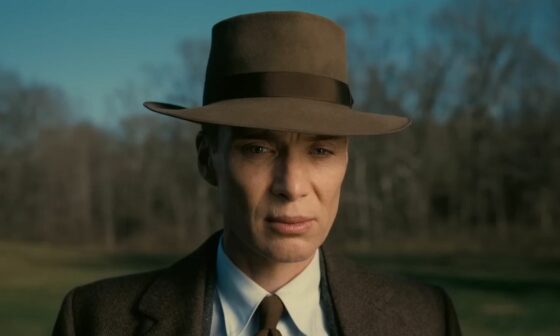
It’s apt that arguably the true story most suited to Aaron Sorkin‘s writing style becomes the film that he also makes his directorial debut with. Molly’s Game adapts the real life story of ‘Poker Princess’ Molly Bloom, who put together high stakes poker games for the richest of the rich and some of the most famous people you could name, before the FBI got wind of it.
Considering Sorkin’s talent for rapid-fire dialogue and interestingly structured screenplays that jump between timelines, this story fits him about as snugly as possible.
While the film is nowhere near the masterpiece of The Social Network – mainly because Sorkin understandably isn’t close to the directorial talent of David Fincher – it’s basically a better, more interesting version of Sorkin’s collaboration with Danny Boyle, Steve Jobs.
Part of that is maybe because the true story here is a little more intriguing and cinematic, but also because the structure Sorkin employs – somewhat similar to Boyle’s film – works much better here.
Bloom’s real-life zany, and often dangerous, poker story is a much better fit for Sorkin’s rapid-fire dialogue than three separate Apple presentations, and perhaps that’s why Sorkin chose to direct this himself; he could see how well his methods fit this true tale and wanted to be as hands on as possible.
While there’s very little of his patented walking-and-talking, pairing Sorkin’s heightened-reality, quick-witted dialogue with a narrative about the high stakes of poker is something to make lovers of his screenwriting drool with excitement, and the film excels because of it.
One of Sorkin’s most impressive feats is that he’s able to lift directly from the book with Bloom’s narration, which reveals itself as one of the rare times narration is not a detriment to a film.
With the film jumping between timelines as rapidly as witty dialogue spills out of characters’ mouths, and with a narrative revolving around poker, “rakes” and a plethora of other money-centric things, it’s helpful to have a narrator that not only helps carry us through the story, but is also not dull to listen to.
This makes the 140-minute film feel about half that, as the plot rattles along at a great pace, never feeling rushed but always keeping us enveloped within its intoxicating narrative.
It would perhaps be easy for one to dismiss this as ‘just’ an adaptation of Bloom’s own book that doesn’t really offer much beyond the story of this whole ordeal, and that would probably be mostly true, as the film is happy to be this singular story without much need to be about anything other than its protagonist.
It’s fortunate then, that Jessica Chastain’s portrayal of Bloom is unsurprisingly excellent. Is there a better actress working today? She feels totally at home with Sorkin’s writing and going back and forth with her co-stars, the highlight being her many great scenes with Idris Elba who is also superb, but is also importantly able to give Bloom an aura of vulnerability.
She doesn’t come across as simply a smart businesswoman looking to make a quick buck, but a woman born and bred to succeed having to fight her way back up from something she never thought she’d experience: loss. This all comes to a head in a superb late scene with her father, played by Kevin Costner, which turns out to be arguably the purest Sorkin scene in the whole film.
It’s witty and emotional, but most importantly, a clever subversion of the father-daughter reuniting scene that has occurred in thousands of prior films, and it’s that relationship that really gives the film its emotionally meaty centre and caps that undercurrent off in a very satisfying way.
Chastain vacillates between icy entrepreneur, determined victim and wounded daughter with ease, making a layered, complex character easily accessible. Considering the film lives or dies based on our relationship to Molly, Chastain carries the film to the heights Sorkin’s script reached for, and she’s ably backed up by an ensemble of skilled co-stars.
This might not quite be Sorkin’s best written work, but it might sit alongside The Social Network and The West Wing as the purest, most definable “Aaron Sorkin project”.
Fortunately, he doesn’t have to shoehorn in any preachy morals here, although the ending does get a tiny bit saccharine and there are a couple of musical cues that could have been left off since they feel overly dramatic; the kind of choices made by a first-time director.
Sorkin often seems to write about some of the most determined, ruthless people in the world, and those characters truly excel when they have to face what their dogged determination has cost them head on.
Chastain’s Molly repeatedly has to balance the risk/reward of her decisions – much like a hand in poker – and it’s that constant push-pull between the highest of stakes and the most devastating of lows that makes Molly’s Game such an engrossing, often thrilling experience.
The film is in cinemas now.
#Peace.Love.MollysGame








